Top 3 Blockchain applications in business activities
Contents
The blockchain is now an exciting new alternative to traditional currency, centralized banking, and transaction methods that are changing the way we handle financial transactions and alternative uses that will change the world. In short, blockchain is a distributed ledger that maintains a continuously-growing list of every transaction across every network distributed over tens of thousands of computers. This makes it almost impossible to hack, changing the way banking is done.
In this blog, let Rikkeisoft talk about some of the best Blockchain applications and blockchain advantages which were earlier known as Crypto Currencies and Bitcoin.
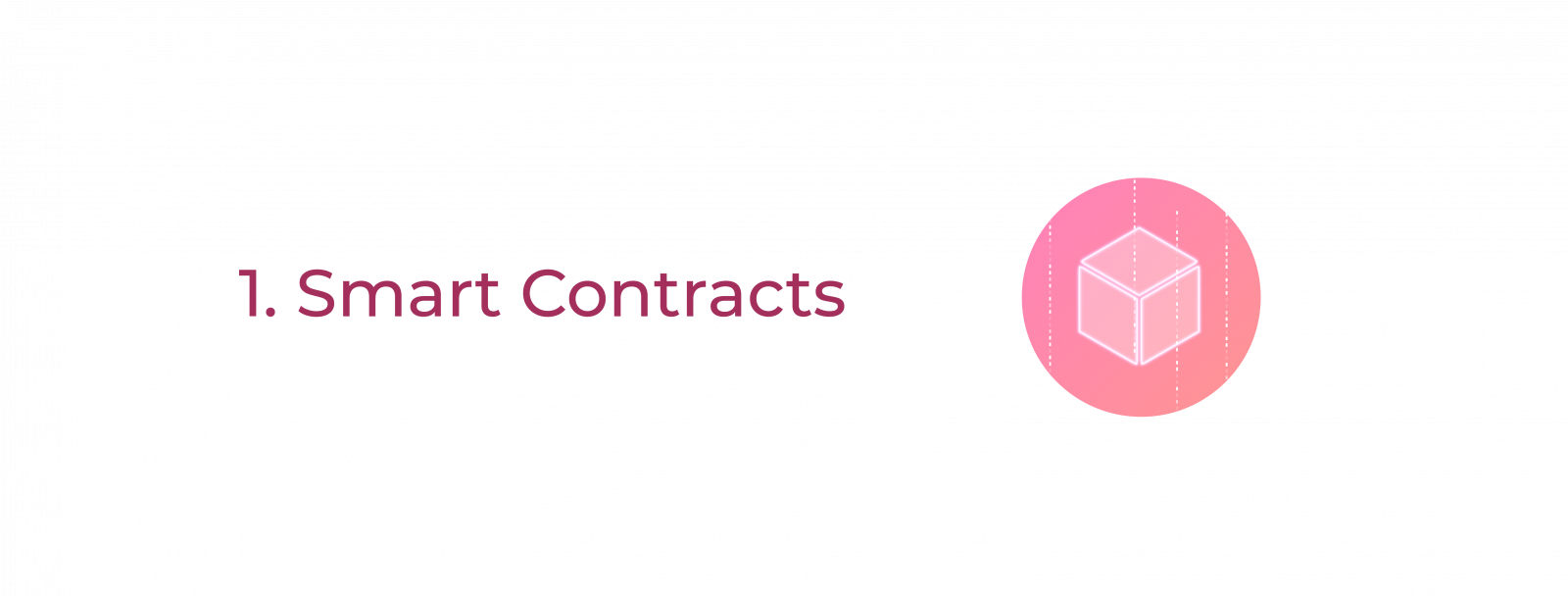
The term “smart contract” was originally developed in 1993, although it has only recently gained popularity as a result of the Ethereum Project’s introduction in 2013. “The Project is a decentralized platform that executes smart contracts: apps that run exactly as programmed without the risk of delay, censorship, fraud, or third-party interference,” according to the website.
According to Chris DeRose of American Banker, smart contracts are “self-automated computer programs that can carry out the conditions of any contract.” “It is a financial security kept in escrow by a network and routed to beneficiaries based on future events and computer code,” according to the definition. As a result, businesses will be able to use ‘smart contracts’ to bypass regulations and “lower the costs for a subset of our most common financial transactions.”
Smart contracts are now appropriate to be used in a wide range of areas. From commercial activities to specialized sectors such as health, election monitoring, logistics chain involvement, etc., it includes a lot of benefits, including automation, accuracy, high security, and cost savings.
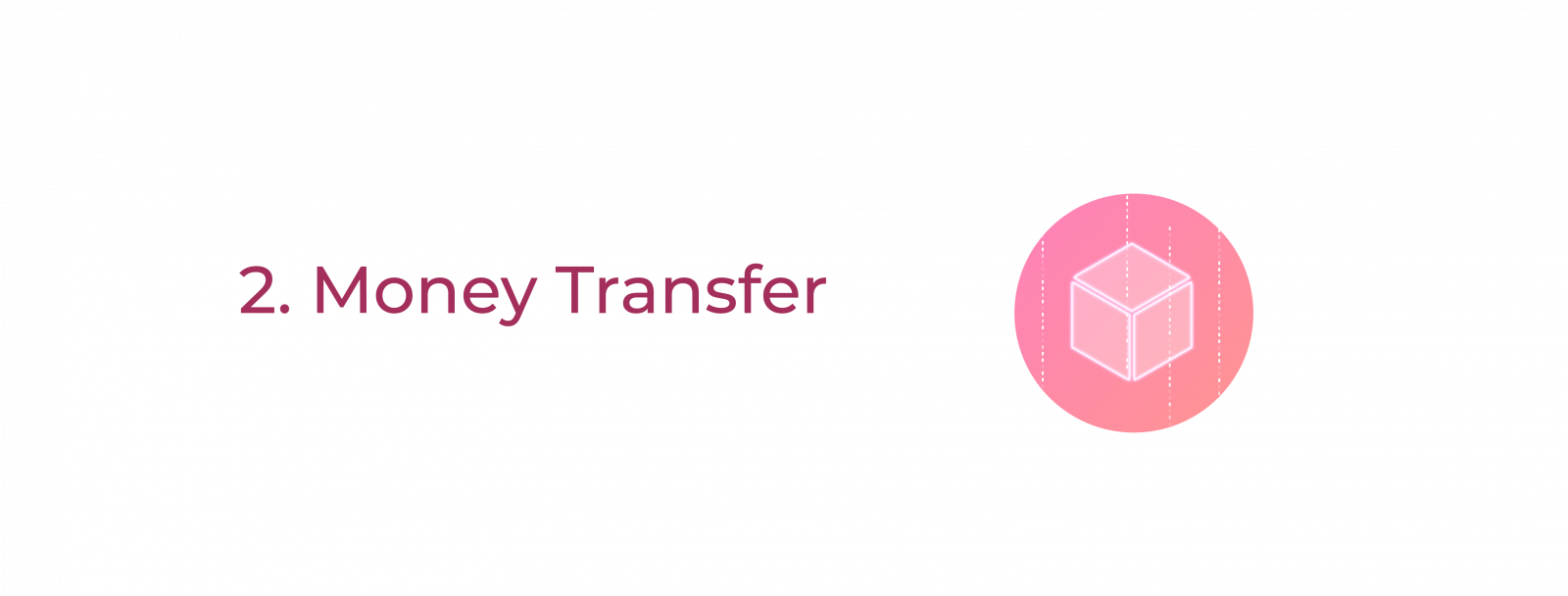
In the real world, money transfer has gained utmost popularity with its unique feature of cross-border payments, exchange for cryptocurrencies, real-time ledger system, and all of this by lowering the third-party fees. We can see a lot of such blockchain use cases.
TPBank is the first Vietnamese bank to use blockchain for international money transfers successfully. Customers of TPBank will no longer have to wait several hours to make a money transfer from Japan to a TPBank account because these transactions will now take only a few minutes, thanks to RippleNet, which applies blockchain technology to international money transfers. RippleNet is a support platform that uses Distributed Ledger Technology (DLT) based on the contemporary Blockchain and API platform to assist transactions to be completed faster. By joining RippleNet, all parties are kept up to date on the status and information of each transaction.
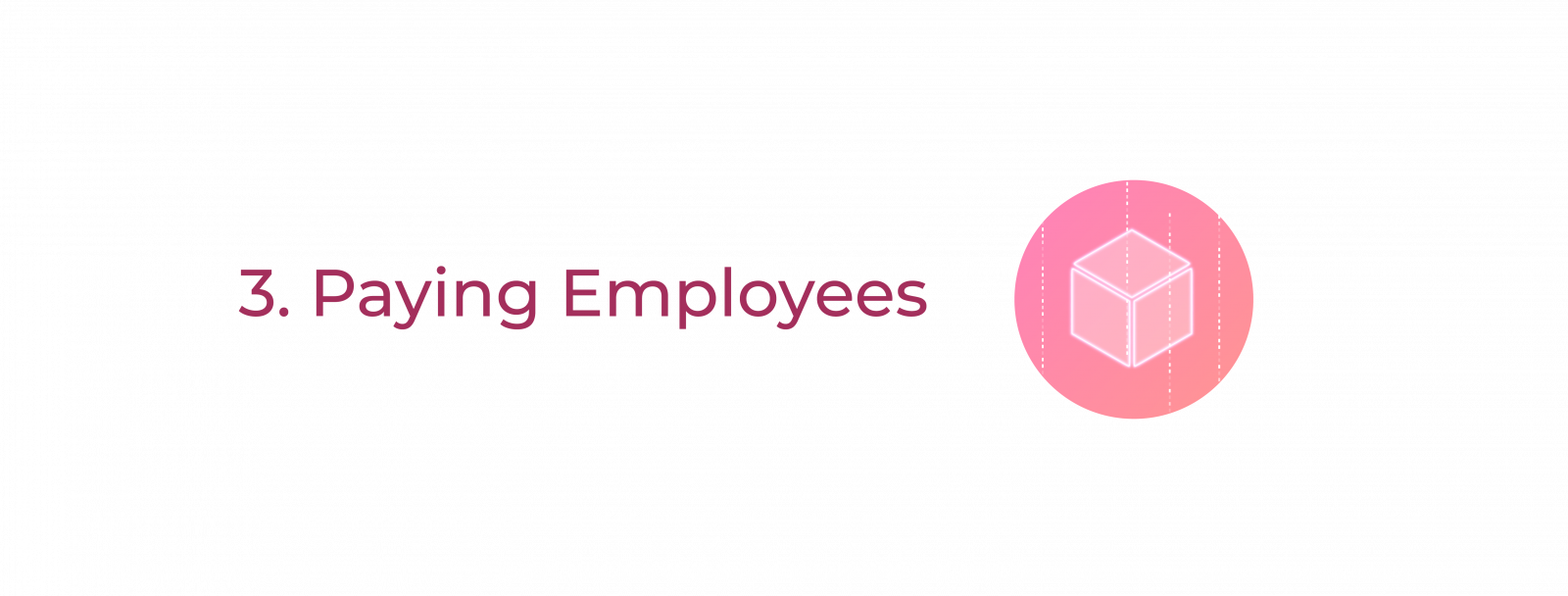
Since the blockchain’s origins in cryptocurrencies, it’s only reasonable to apply it to employee compensation. “If your company regularly sends salary to international workers, then introducing Bitcoin into the payroll process might be a huge cost saver,” says Geoff Weiss on Entrepreneur.
Bitwage, which claims to be the world’s first Bitcoin-based payroll service, will “circumvent the costly fees associated with transferring money internationally, as well as the time it takes for such funds to move from bank to bank, payments made via Bitcoin can save both money and time for employers and employees alike.” Bitwage’s founder and COO, Jonathan Chester says that by using a public ledger of all transactions in chronological order “you can actually see exactly where the money is throughout the process.”
Then there is paying remote employees and contractors. Again, this form of payment is a very large part of my personal business and something many big companies (and banks) are betting on this year.
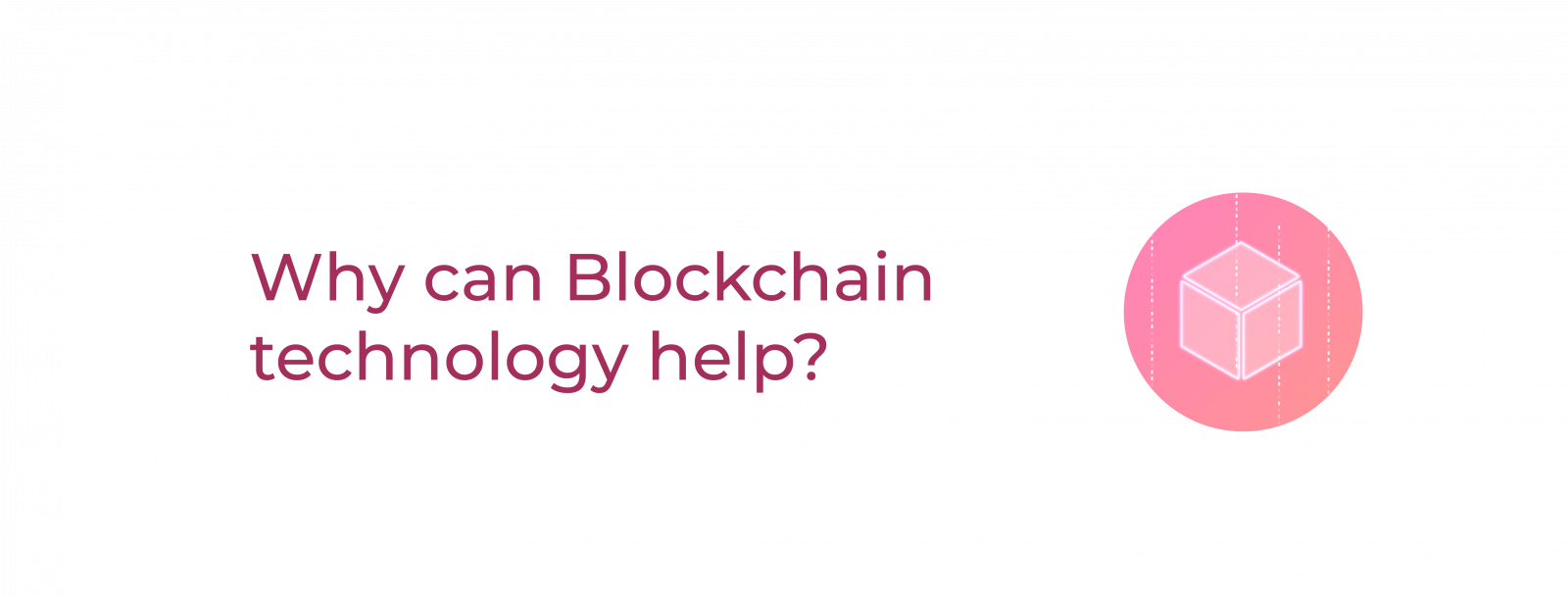
There are many advantages to using blockchain. Here are the most significant ones
-
Security
With so many security provisions in place, blockchain is among the most secure technologies available to us. As a result, tampering with it is nearly impossible.
-
Flexibility
From healthcare to transport, you can use blockchain in any industry. All you need is a working knowledge of blockchain and the industry you want to implement it in.
-
Automation
Most of the operations in a blockchain are done by software implementations. Such automation makes blockchain networks highly efficient.
-
Transparency
Every change made in the blockchain is visible to all the users that have access to the same. This keeps things transparent and enhances the versatility of this technology.
-
Global Adaptation
Organizations all across the globe are implementing or trying to implement blockchain in one way or another. It is a globally recognized and adopted technology, and it’s gaining popularity.
-
Reliability
Every interested party in a blockchain transaction is certified and verified. This removes the need for double records and makes the transaction process much more reliable.
Conclusion
Blockchain is certainly one of the most versatile and useful technologies currently available, and now is the best time to enter this sector.
If you’re intrigued by reading this article and want to apply Blockchain Technology for your business, let’s visit us on the website https://rikkeisoft.com/en#.
To read more technology blogs, dig into https://rikkeisoft.com/en/blog#.
More From Blog

April 4, 2024
Big Data Performance: Maximize Your Business Value
In today’s data-driven world, organizations are constantly generating and collecting immense amounts of data to understand their customers more deeply. This data, often referred to as “big data,” holds immense potential for organizations to seek opportunities and overcome challenges. But accessing and analyzing big data isn’t enough to have proper strategies; organizations must pay attention to […]

April 4, 2024
How Real-Time Data Analysis Empowers Your Business
In today’s fast-paced business landscape, the ability to quickly make data-driven decisions has become a key differentiator for success. Real-time data analysis, the process of analyzing data as soon as it’s generated, has emerged as a powerful tool to empower business across industries. By leveraging real-time data analysis, organizations can gain timely and actionable insights, […]
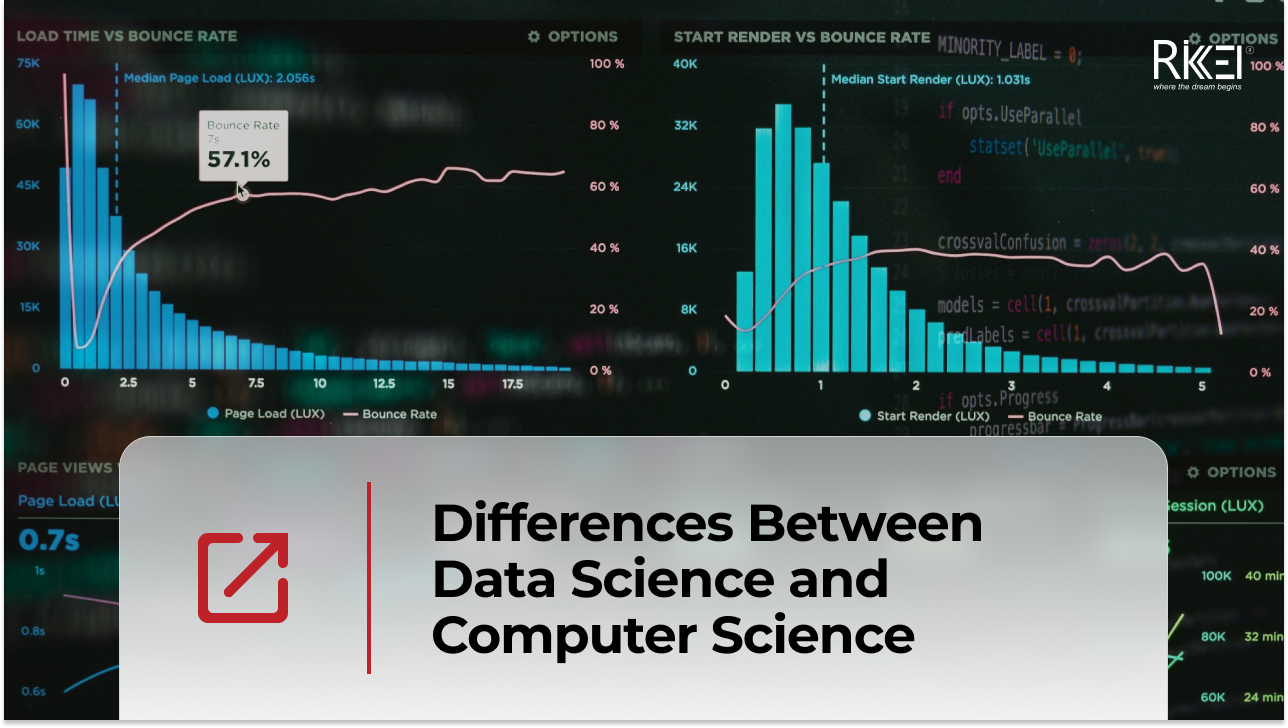
April 4, 2024
Differences Between Data Science and Computer Science
Data Science and Computer Science are distinct fields overlapping in certain areas but have different focuses and objectives. The article below will help you clearly understand the differences and the close connection between the two fields. What is Data Science? Data Science is an interdisciplinary field that combines scientific methods, processes, algorithms, and systems to […]
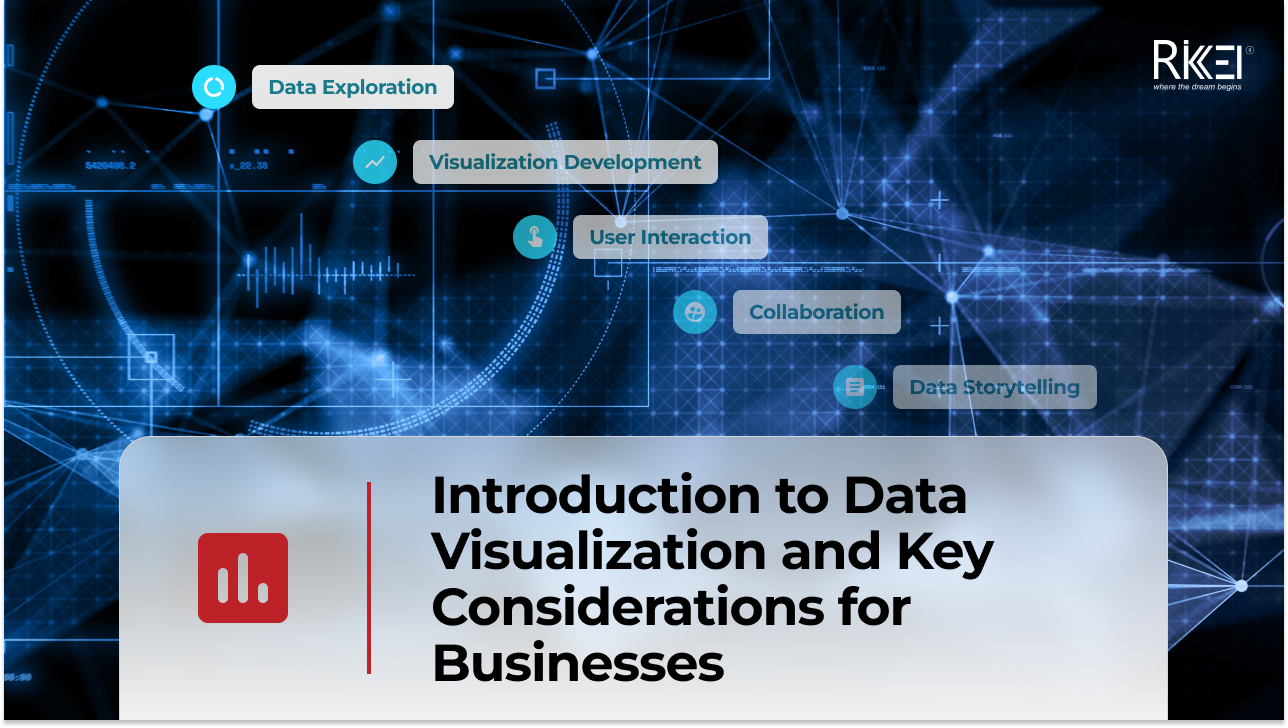
March 28, 2024
Introduction to Data Visualization and Key Considerations for Businesses
In your opinion, what is data visualization? Your main goal is to communicate your recommendations engagingly and effectively, right? To achieve this, let’s immediately explore a method that can represent information with images. What is Data Visualization? Define data visualization and their roles in organizations First, you need to find the answer to the question: […]

March 21, 2024
How to Build an Effective Big Data Analytics Tool for Your Business
Building an analytics tool for a business brings several significant benefits, especially in today’s business environment where data is becoming larger and more complex. So how to build an effective analysis tool for businesses, follow the article below! Assessing Business Needs Assessing business needs involves understanding the requirements, goals, and challenges of a business or […]
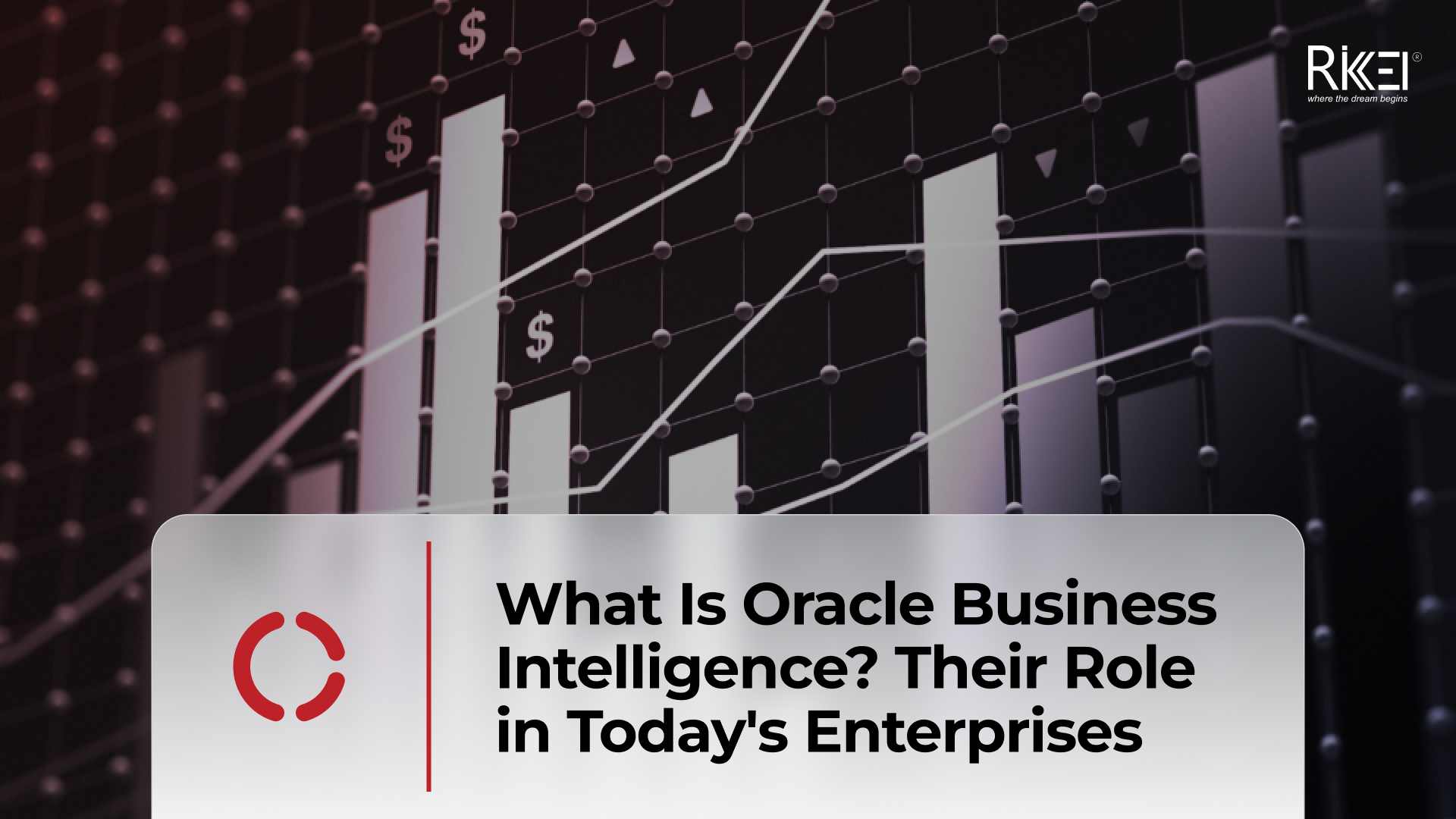
March 14, 2024
What Is Oracle Business Intelligence? Their Role in Today’s Enterprises
Oracle Business Intelligence (BI) refers to a suite of tools, technologies, and applications designed to help organizations collect, analyze and present business data. The primary goal of Oracle BI is to provide actionable insights to support decision-making within an organization. Oracle BI encompasses a range of products that enable users to gather, process and visualize […]

